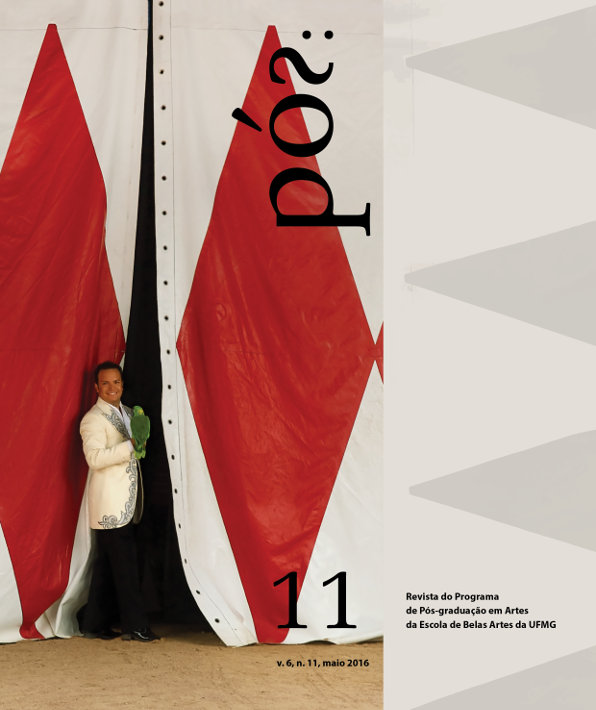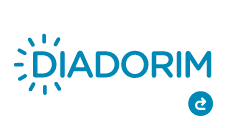Um encontro entre poesia, análise do discurso e narrativa de vida
DOI:
https://doi.org/10.35699/2238-2046..15769Keywords:
Análise do Discurso, Narrativas de vida, Manoel BandeiraAbstract
Neste artigo, gostaríamos de responder às questões seguintes: a) O gênero poético (ou literário) pode ser abordado pela Análise do Discurso ? b) Nele podem ser pesquisadas histórias de vida ou fragmentos de tais histórias que nos remetem à vida vivida pelos seus autores? Para tanto, em uma primeira etapa, tentaremos explicar o instrumental teórico que embasa nossas reflexões. Em seguida, proporemos uma análise discursiva centrada em um corpus formado por alguns fragmentos da obra de Manuel Bandeira. De modo geral, temos como objetivo fazer avançar uma pesquisa iniciada já há alguns anos sobre as narrativas de vida (vistas pelo crivo de uma análise do discurso) e, mais especificamente, discorrer sobre um fato curioso: a tendência que o ser humano tem de misturar discursos, ou seja, falar de seu trabalho em um discurso que seria, a priori, mais ligado à sua vida particular.
Downloads
References
AUTHIER-REVUZ, J. Hétérogénéité montrée et hétérogénéité constitutive: éléments pour une approche de l’autre dans le discours. DRLAV – Revue Linguistique, n. 26, 1982.
BAKHTINE, M. La poétique de Dostoïevski. Paris: Seuil, 1970.
BAKHTINE, M. L’oeuvre de François Rabelais et la culture populaire au moyen âge et sous la renaissance. Paris: Gallimard, 1970.
BANDEIRA, M. Seleta em prosa e verso. MORAES, E. de (org., estudos e notas). Rio de Janeiro: José Olympio Editora, 1971.
BANDEIRA, M. Biografia. Disponível em: <http://educacao.uol.com.br/biografias/manuel-bandeira.htm>. Acesso em: 9 nov. 2015.
CHARAUDEAU, P. Petit traité de politique à l’usage du citoyen. Paris: Vuibert, 2008.
CHARAUDEAU, P. Para uma nova Análise do Discurso. In: CARNEIRO, A. D. (org.) O discurso da mídia. Rio de Janeiro : Oficina do Autor, 1996,p.5-43.
CHARAUDEAU, P. Ce que communiquer veut dire. Sciences Humaines, n. 51, p. 20-23, juin 1995.
CHARAUDEAU, P. Langage et discours. Paris: Hachette, 1983.
LHÉRÉTÉ, H. Les pouvoirs de l’imaginaire. Sciences Humaines, n. 273, p. 33, Juillet-Août 2015.
KAUFMANN, J.-C. Quand Je est un autre. Pourquoi et comment ça change en nous. Paris: Armand Colin, col. Pluriel, 2008.
MACHADO, I. L. A narrativa de vida como construção de identidade. In: LARA, G. P.; LIMBERTI, R. (Org.). Discurso e [des]igualdade social. São Paulo: Contexto, 2015. p.129-142.
MACHADO, I. L. Percursos de vida que se entremeiam a percursos teóricos. In: SANTOS, S. P.; MENEZES, W. A. Discurso, Identidade, Memória. Fortaleza: Expressão Gráfica Editora, 2015. p. 83-96.
MACHADO, I. L. O prefácio como uma prática discursiva em que diferentes vidas e obras se entrecruzam. In: Revista de Estudos Linguísticos. São Paulo, n. 43 (3), p.1129-1139, dez. 2014.
MACHADO, I. L. Parodie et analyse du discours. Paris: L’Harmattan, 2013.
MORAES, E. de. Uma vida só para a poesia. In : MORAES, E. de. Bandeira Seleta em prosa e verso (Org.). Rio de Janeiro : José Olympio, 1971, p. x-xiii.
RIPOLL, H. Comment devient-on un créateur? In: Sciences Humaines, n. 273, p. 50-51, Juillet-Août 2015.
Downloads
Published
Issue
Section
License
Copyright (c) 2016 Ida Lucia Machado

This work is licensed under a Creative Commons Attribution-NonCommercial 4.0 International License.
Authors who publish in this journal agree to the following terms:
- Authors retain copyright and grant the journal the right of first publication, with the work simultaneously licensed under the a Creative Commons Attribution-NonCommercial 4.0 International License that permits sharing of the work with acknowledgement of authorship and initial publication in this journal;
- Authors are permitted to enter into additional contracts separately, for non-exclusive distribution of the version of the work published in this journal (e.g., the Creative Commons Attribution License).
- Authors are permitted and encouraged to publish and distribute their work online (e.g., in institutional repositories or on their home page) at any point before or during the editorial process, as this may generate productive changes as well as increase the impact and citation of the published work.
- It is the responsibility of the authors to obtain written permission to use in their articles materials protected by copyright law. Revista PÓS is not responsible for copyright breaches made by its contributors.












